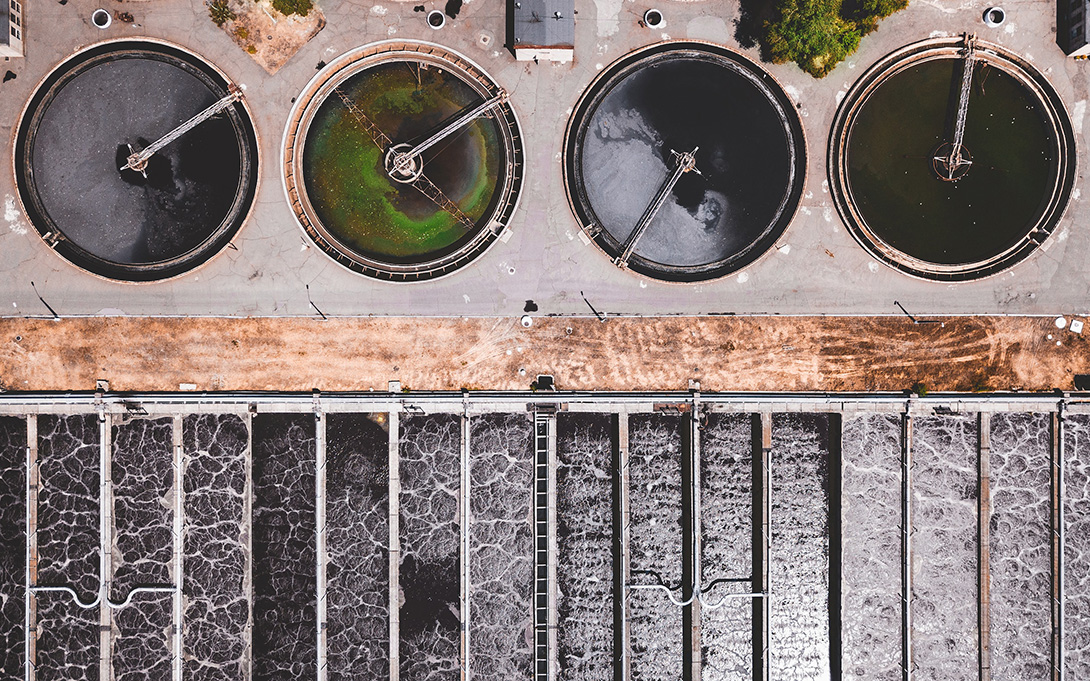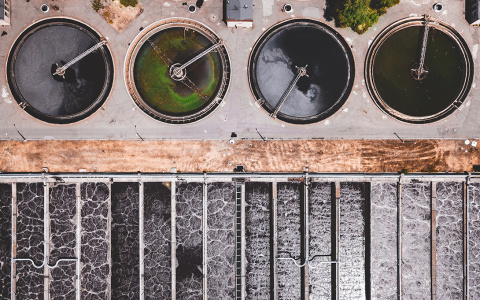Decentralized Wastewater Treatment in Detroit
Executive Summary
Decentralized wastewater treatment is the future of wastewater treatment. In developing countries without sophisticated wastewater infrastructure, it is the design of choice since it has lower capital costs, protects the local environment, and incentivizes water re-use. Though promising, technological limitations and ‘cultural inertia’ are currently the main drawback of decentralized wastewater treatment in developed countries. Centralized wastewater plants are the predominant technology in the U.S. Implementing decentralized treatment lowers the value of the existing infrastructure and increases the relative cost of new facilities since there are already functioning treatment plants. Despite these roadblocks, significant technological innovations and the increasing risks of climate change are showing that decentralized wastewater treatment is necessary for the 21st century. But since widespread adoption of decentralized wastewater treatment is decades away, there are alternative methods to reducing the cost of wastewater treatment for disadvantaged communities in the U.S.

Community Partner
Have any questions?



